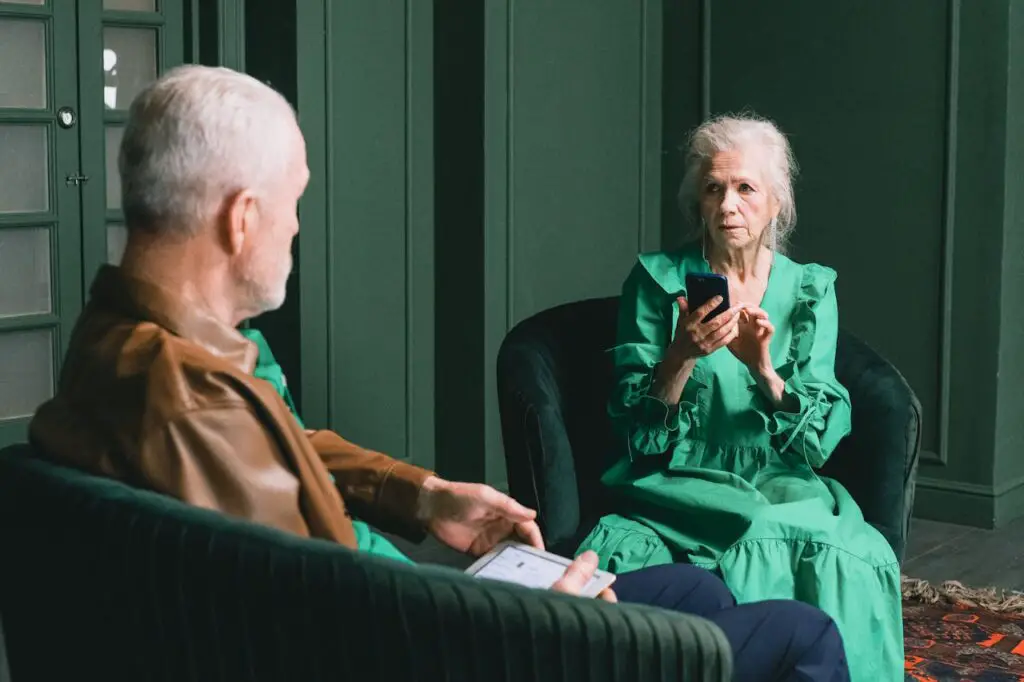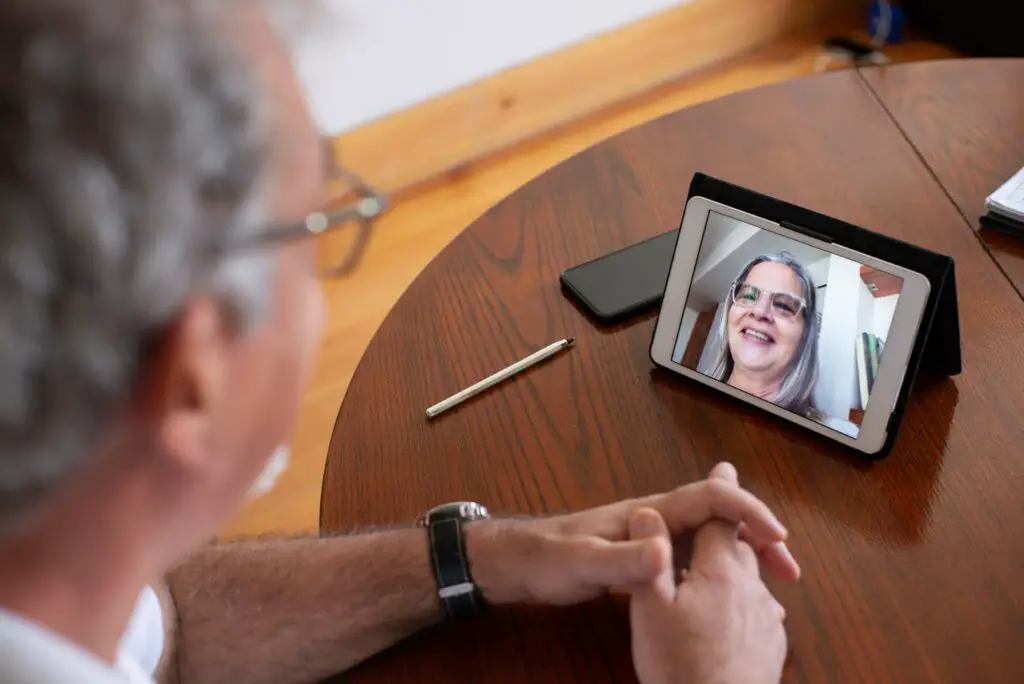15 Common Behaviors Boomers See as Rude That Are Normal Today

Manners have always been a moving target. What was considered respectful in the 1960s may seem stiff or outdated to younger generations today. Meanwhile, many of the habits that feel “normal” to Millennials and Gen Z can leave Baby Boomers scratching their heads or quietly muttering, “That’s just plain rude.”
But here is the truth: most of these behaviors are not about disrespect at all. They are simply the result of a world that is faster, more digital, and more casual than it used to be. Understanding these cultural shifts can help Boomers feel less offended and maybe even find a laugh or two along the way.
Let’s look at fifteen common behaviors that might feel impolite to Boomers but are now completely normal in everyday life.
1. Texting with “LOL” or emojis instead of full sentences

Younger generations often replace words with emojis or type “LOL” instead of a detailed reply. To Boomers, this may look lazy or dismissive, but for younger folks, it is a quick way to show emotion or friendliness in a short message. It is not a sign of disrespect—it is just a new shorthand for connection.
2. Checking phones during conversations

Few things can frustrate Boomers more than sitting across from someone who cannot stop glancing at their phone. Yet for younger people, multitasking with a device is second nature. A quick look at a notification is not meant to be rude; it is just part of living in a world that constantly buzzes with updates.
3. Dropping by digitally—or in person—without notice

Sending a direct message on social media or showing up at a friend’s door without calling first used to be unthinkable. Today, it is often seen as spontaneous or even fun. While Boomers value planning and giving notice, younger generations are comfortable with casual drop-ins, especially online.
4. The “Gen Z stare”

Some Boomers might be puzzled by the blank, expressionless look that younger people sometimes give when asked a question. It is not meant to be unfriendly. For many, it is simply a moment of processing before answering. Think of it as the digital-age version of pausing to think.
5. Not returning calls or texts right away

Boomers were raised in a culture where a ringing phone was answered immediately. Younger people see it differently. Waiting to reply is about setting boundaries and responding when they have the energy or focus to give. A delay does not mean they are ignoring you—it just means they are busy or preserving their peace.
6. Blurring the lines between work and home

The rise of remote work has changed workplace etiquette. Younger employees may answer emails in sweatpants at 10 p.m. and think nothing of it. Boomers, who were used to clear office hours and dress codes, may find this shift jarring. For many younger workers, flexibility is the new professionalism.
7. Talking over others during conversations

Ironically, this is one behavior Boomers themselves sometimes get accused of. In the past, interrupting was often a sign of engagement—someone was excited to contribute. Today, younger generations tend to value letting each person finish before jumping in. The meaning has shifted, even if the habit has not.
8. Skipping formalities like “sir,” “ma’am,” or even “please”

Politeness is still alive, but it looks different. Younger people may say “thanks” instead of “thank you very much” or drop honorifics altogether. To Boomers, it can feel too casual, but for many, informality is a way of treating everyone as equals rather than drawing lines of age or status.
9. Doing personal tasks in public

Whether it is taking a phone call on speaker in the grocery store or eating a snack on the bus, Boomers may see these habits as inconsiderate. For younger people, it is simply efficient. With so many people living on tight schedules, multitasking in public spaces is just part of life.
10. Addressing elders by first name

Boomers grew up being taught to address adults with titles like Mr. or Mrs. Younger generations, however, are used to first-name interactions with nearly everyone, from professors to bosses. It can feel jarring to a Boomer, but to younger people, it is a sign of openness and equality.
11. Talking openly about salaries and mental health

In many Boomer households, money and personal struggles were private matters. Younger generations have flipped that script. They share salary information to fight for fairness and talk about mental health to reduce stigma. While it may feel too personal, their goal is transparency, not bragging or oversharing.
12. Skipping small talk

A quick “How are you?” followed by silence may feel blunt to a Boomer used to chatting with neighbors or cashiers. But many young adults, especially those raised in online spaces, are more comfortable with direct communication. To them, skipping small talk is not unfriendly—it is just efficient.
13. Dressing casually for nearly everything

From weddings to work meetings, younger generations lean heavily on comfort. Sneakers, hoodies, and jeans are no longer reserved for weekends. Boomers who valued polished appearances may interpret this as sloppy, but for younger people, style is about self-expression rather than following strict dress codes.
14. Prioritizing self-care over social obligations

Taking a “mental health day” or declining an invitation is becoming more common among younger generations. Boomers may see it as flaky, but younger people view it as healthy boundary-setting. Saying no does not mean they do not care—it means they are putting their well-being first.
15. Using sarcasm and internet humor in everyday life

From memes to witty one-liners, humor today is often sarcastic, dry, or layered with irony. Without tone or context, it can sound rude. But for younger folks, this playful banter is a bonding tool. Once you learn to recognize it, it can even be fun to join in.
Final Thoughts

Every generation has been accused of rudeness by the one that came before it. What feels shocking today will eventually become the new normal. The good news is that most of these behaviors are not rooted in disrespect. They are simply a reflection of how society, technology, and communication have evolved.
So the next time your grandchild sends you a text filled with emojis or your coworker shows up to a meeting in sneakers, take a deep breath and remember: times change, but good relationships do not have to. A little patience, humor, and curiosity can turn moments of frustration into opportunities for connection. And who knows—you might even find yourself dropping an emoji or two before long.
Leave a Reply